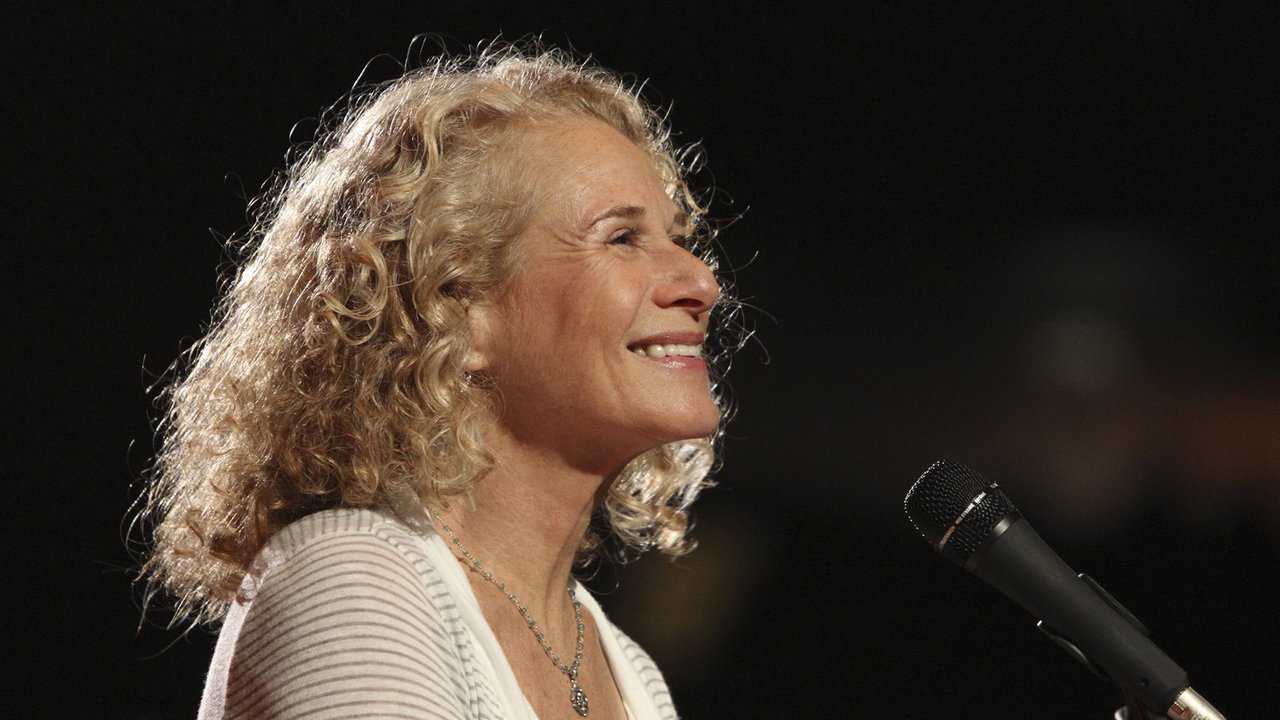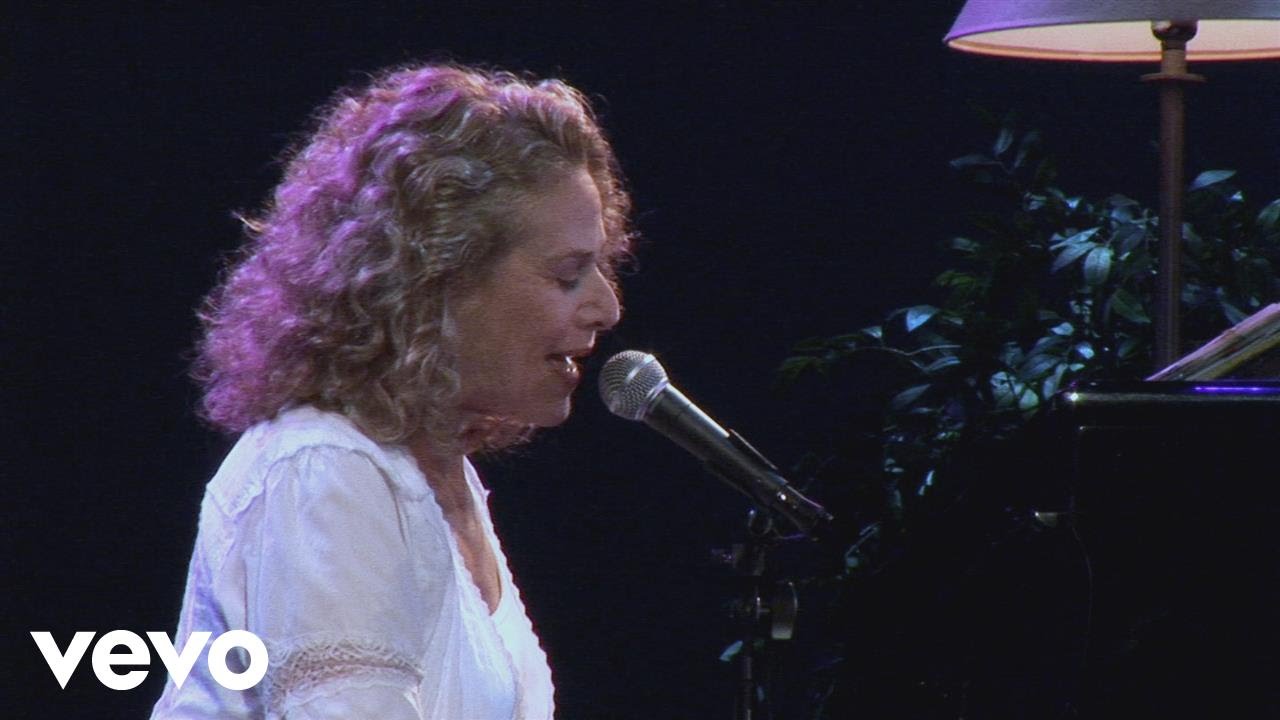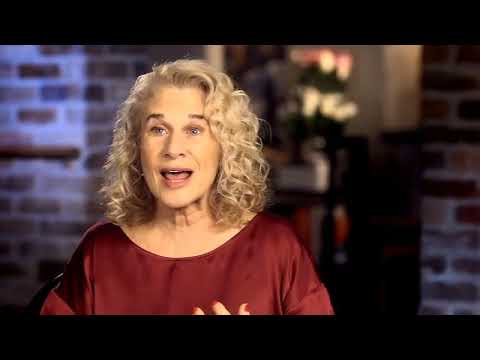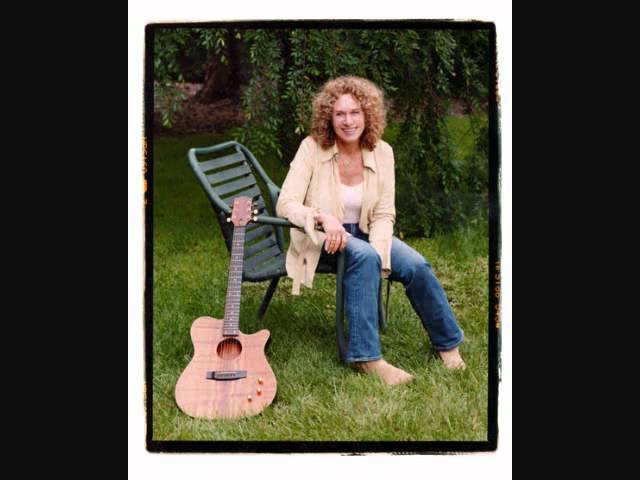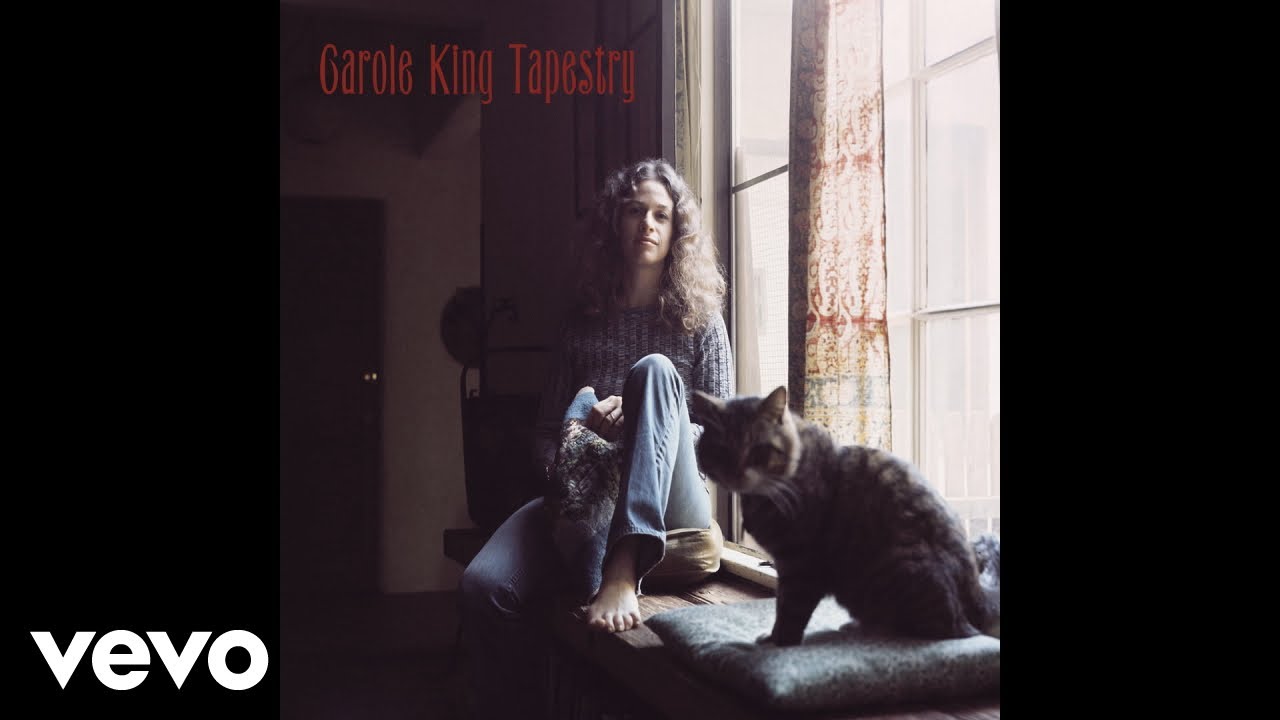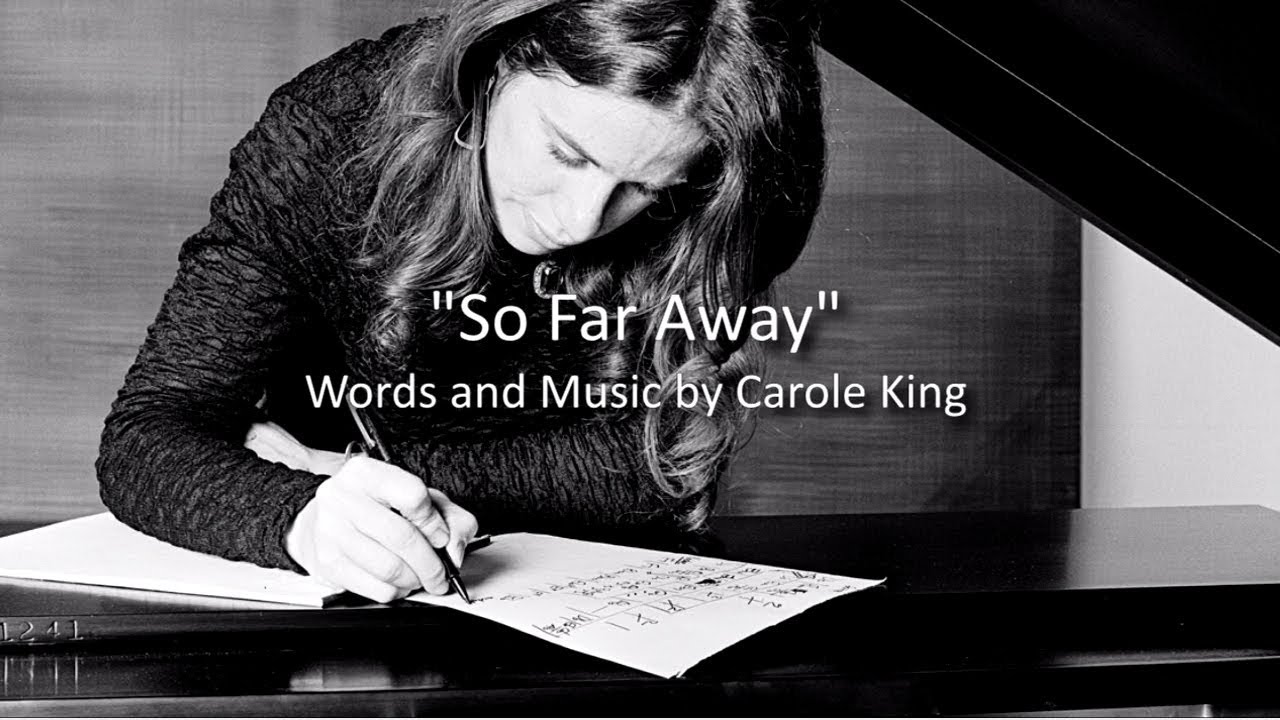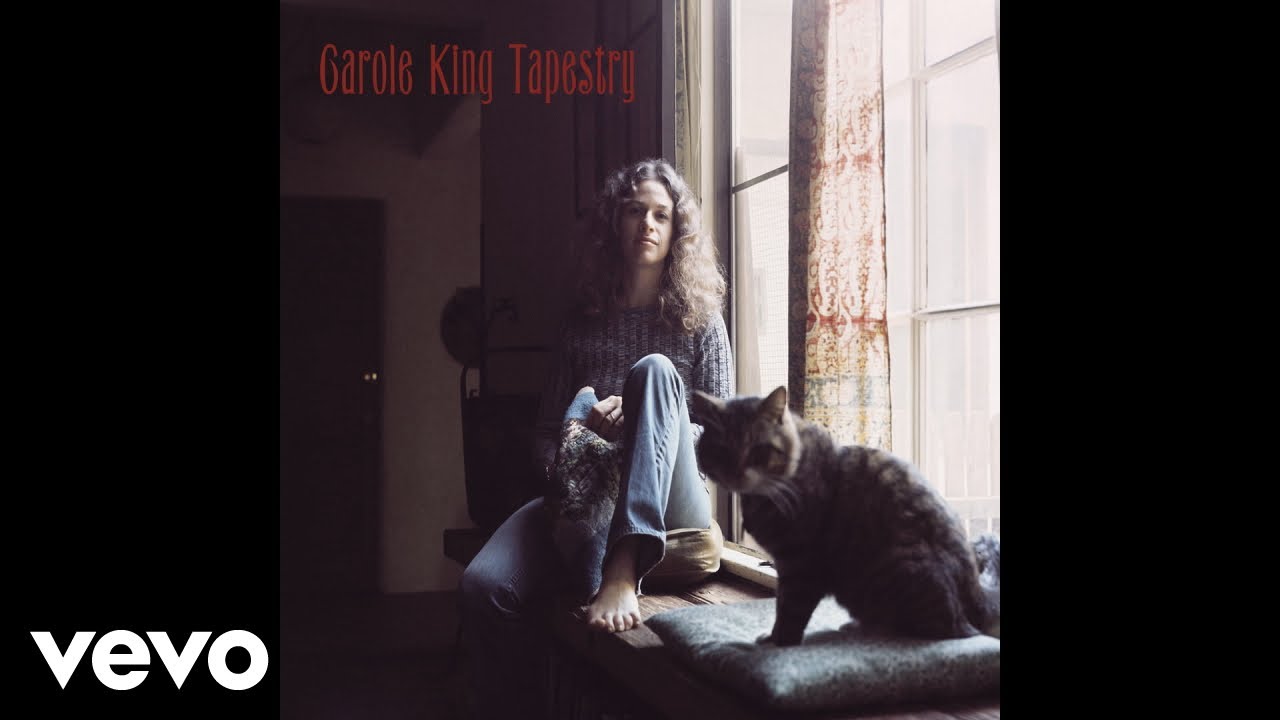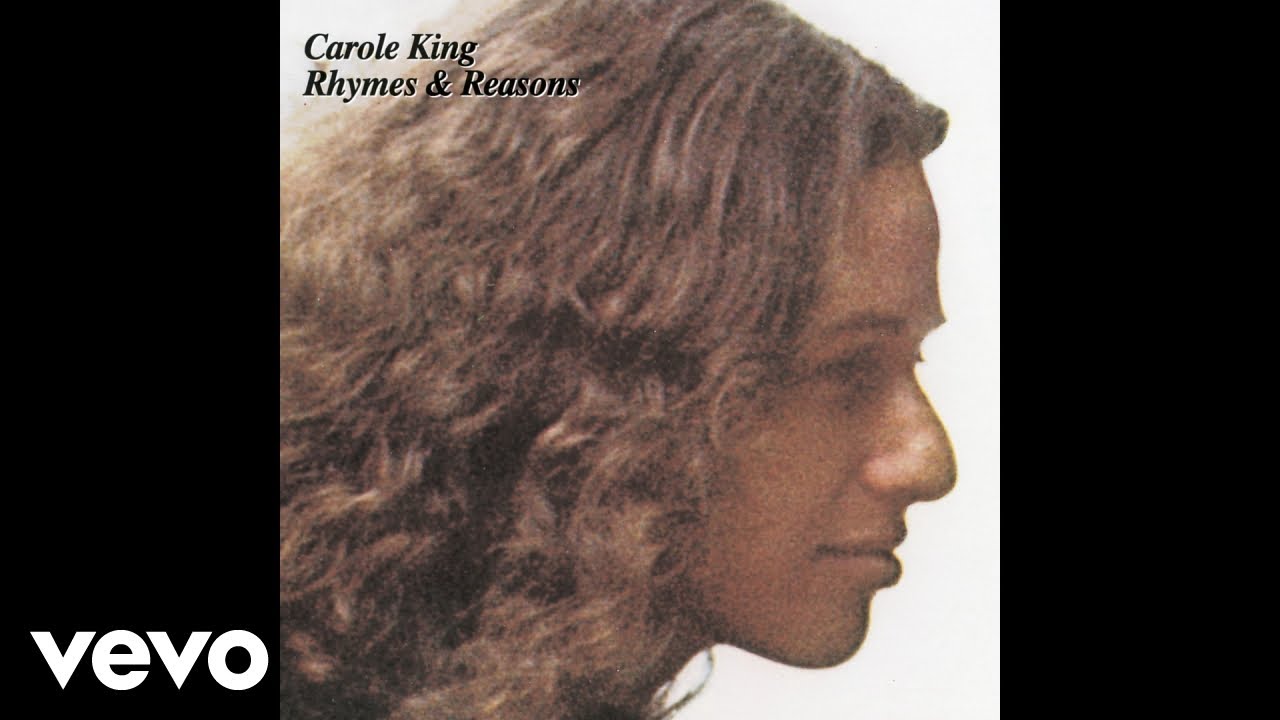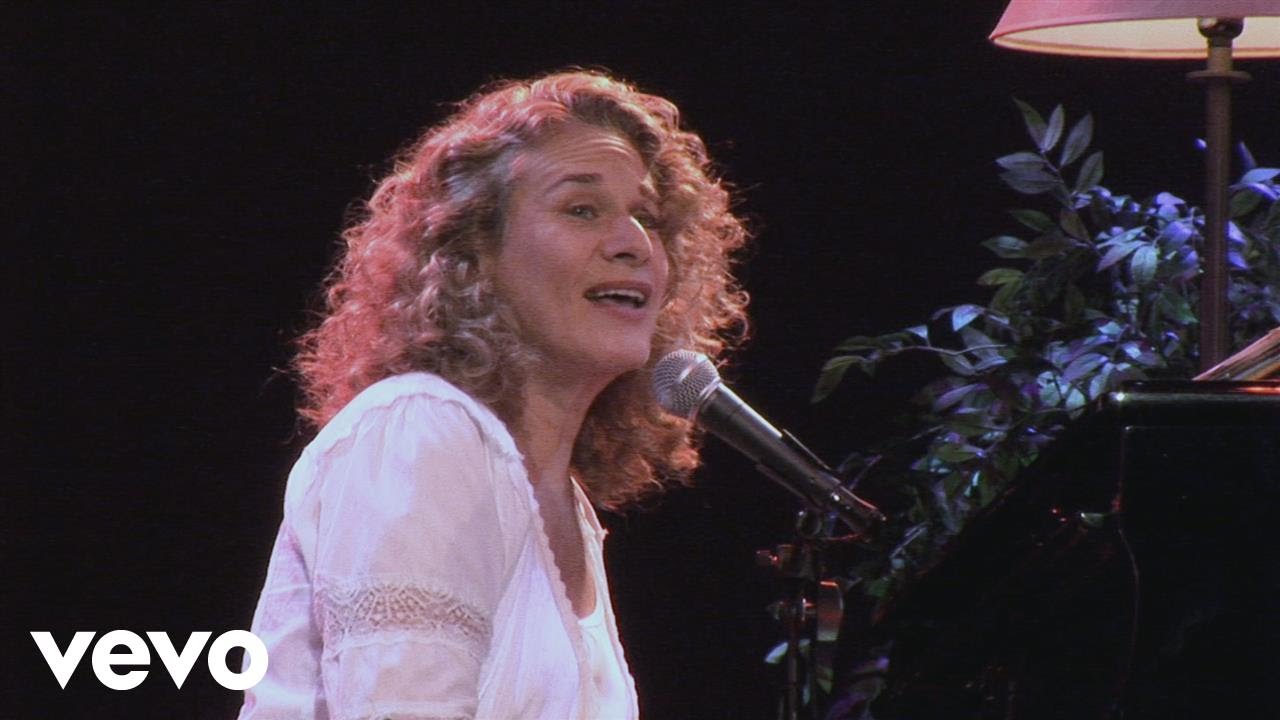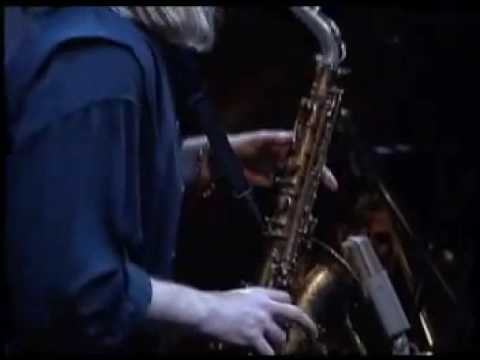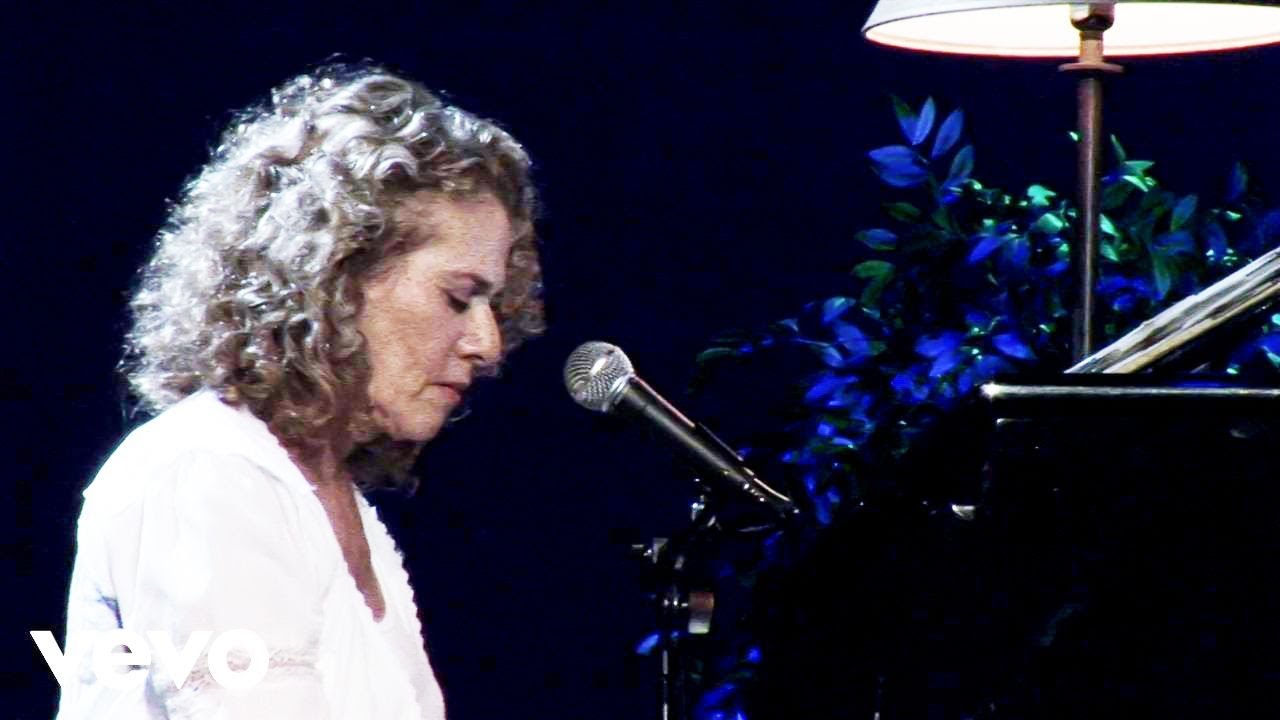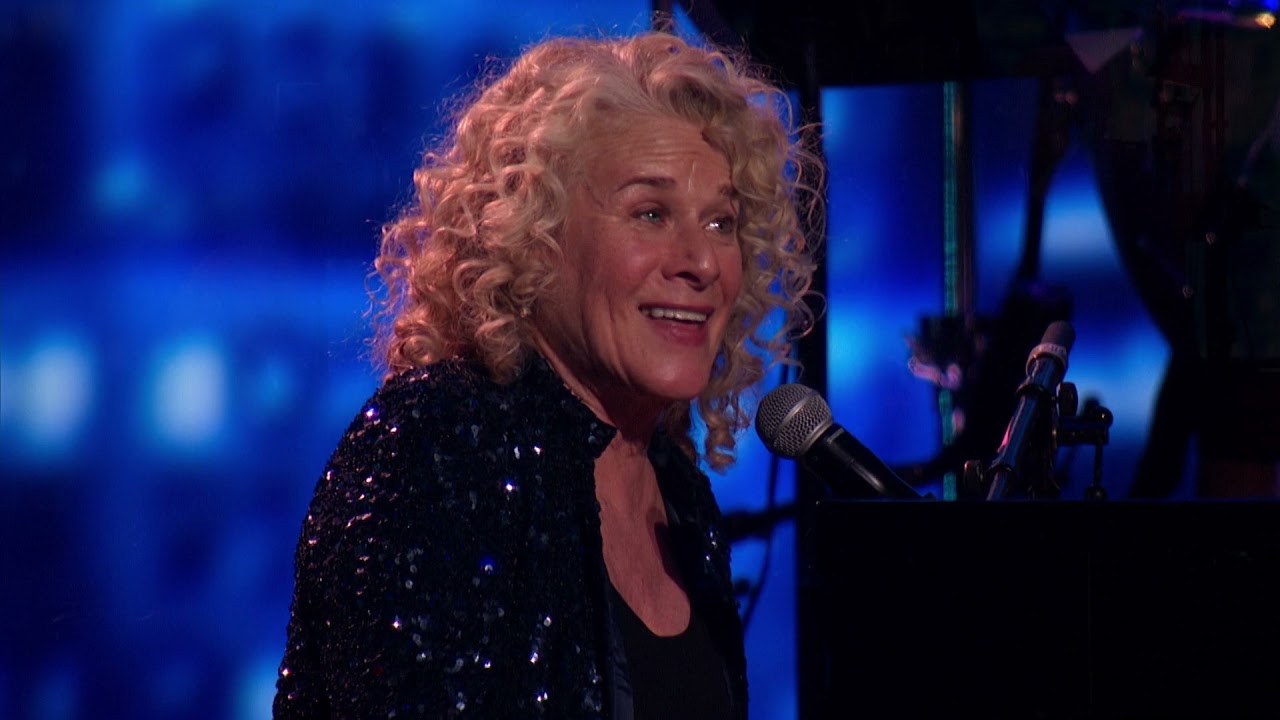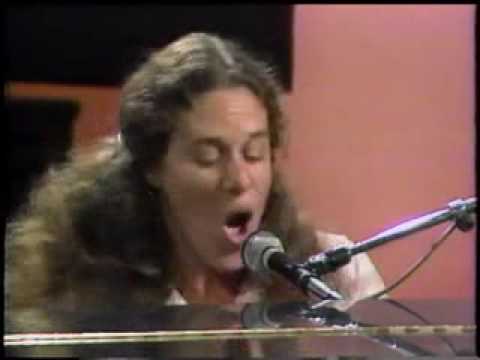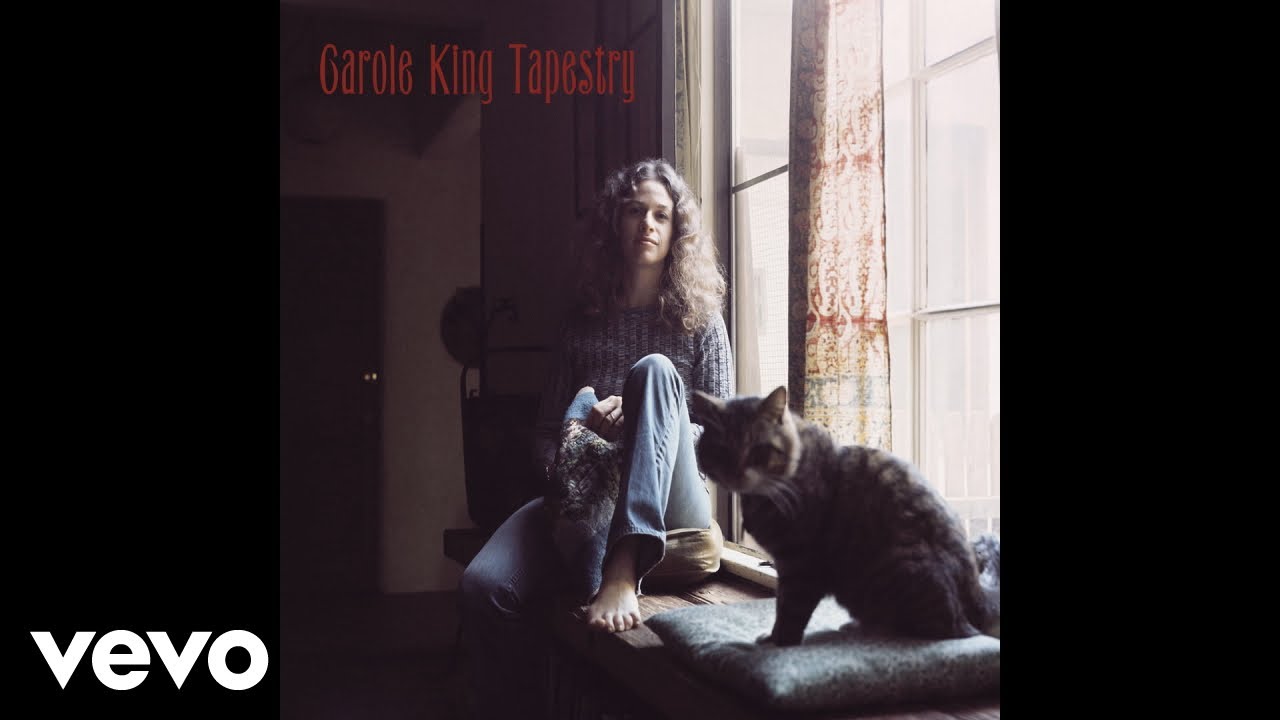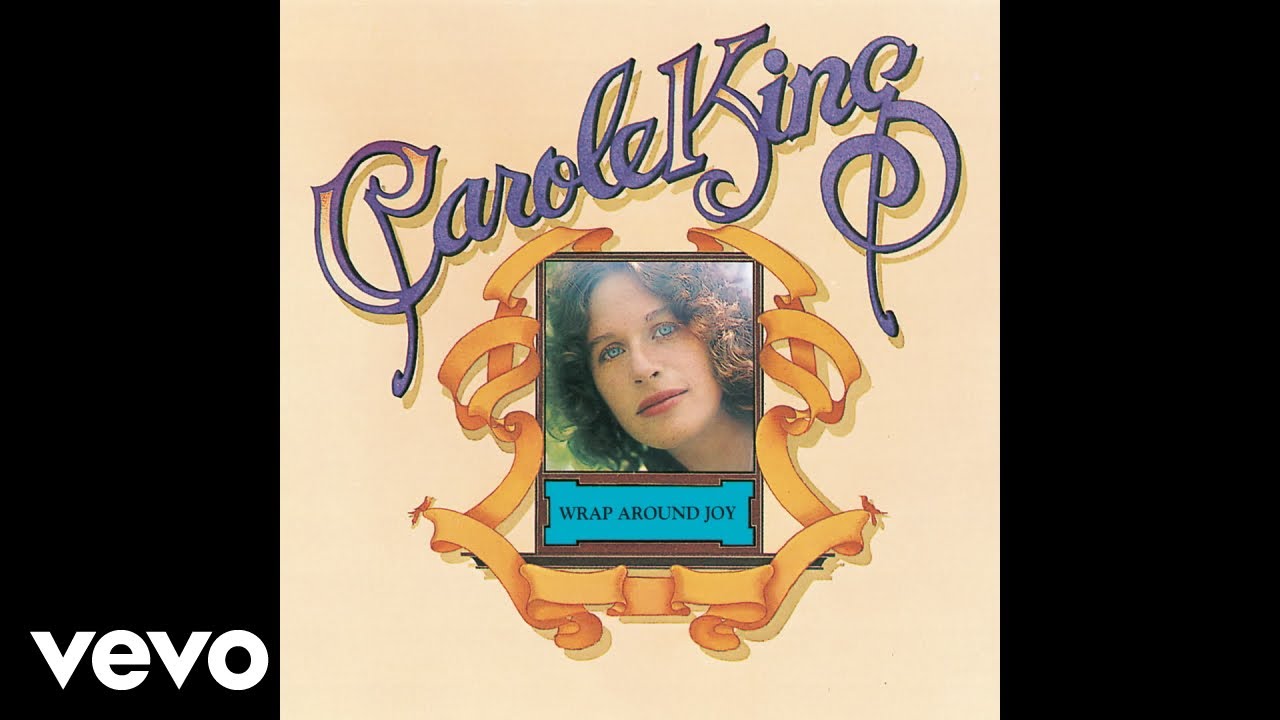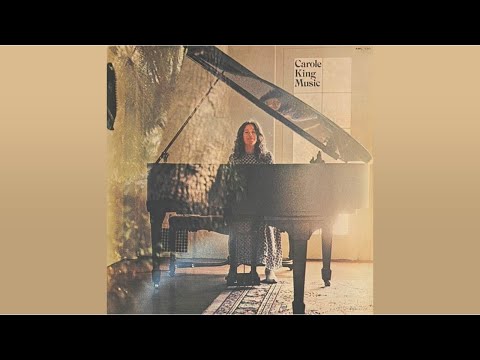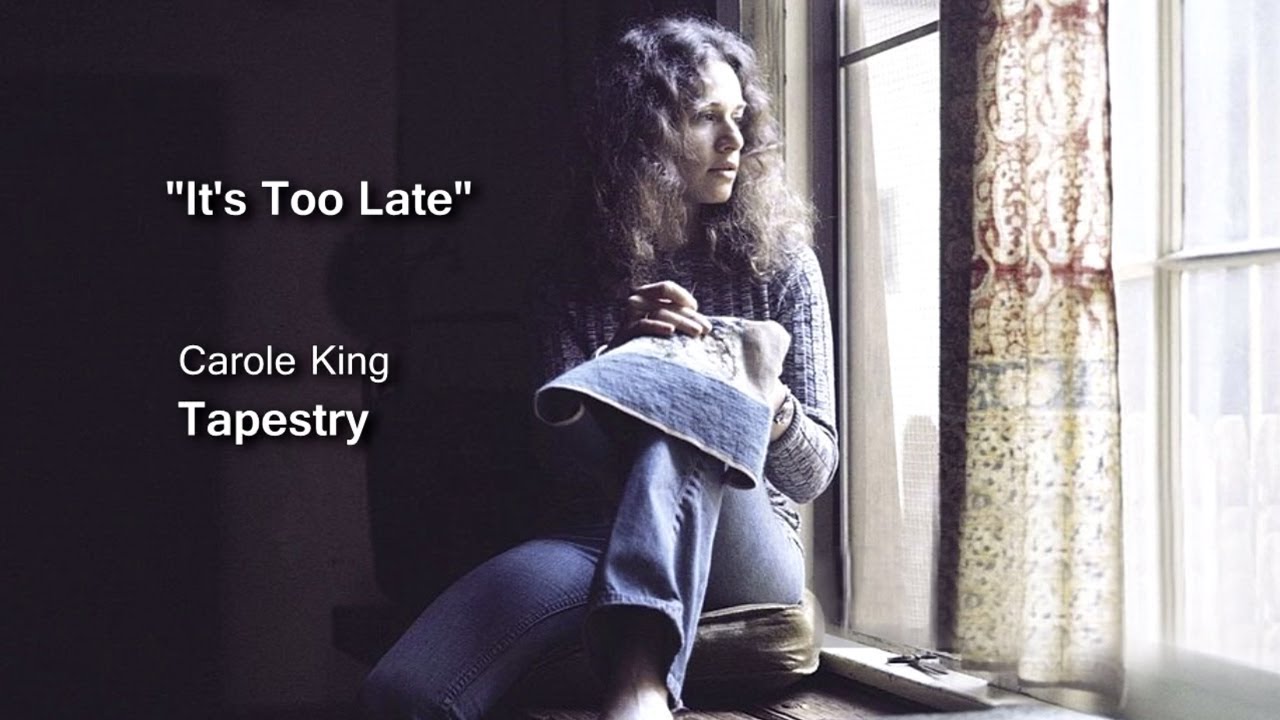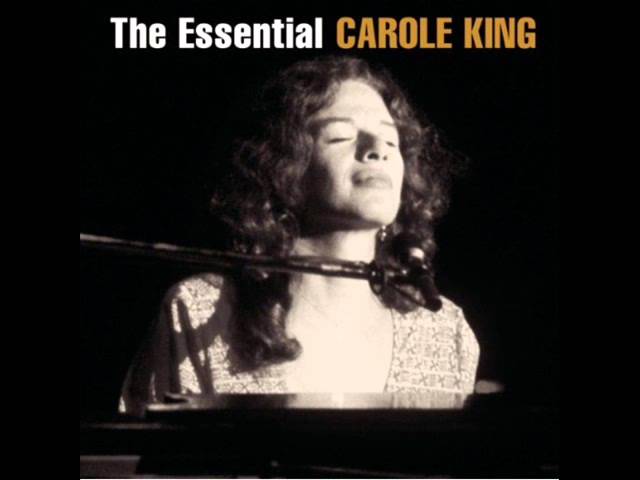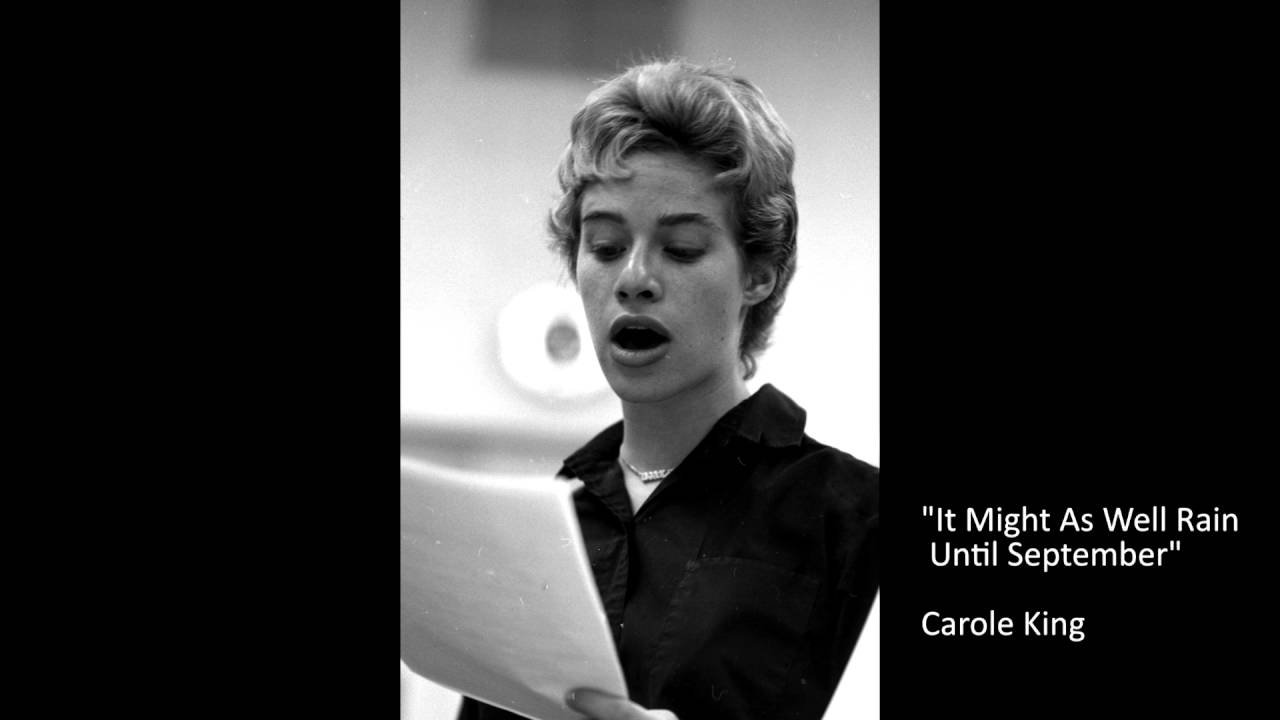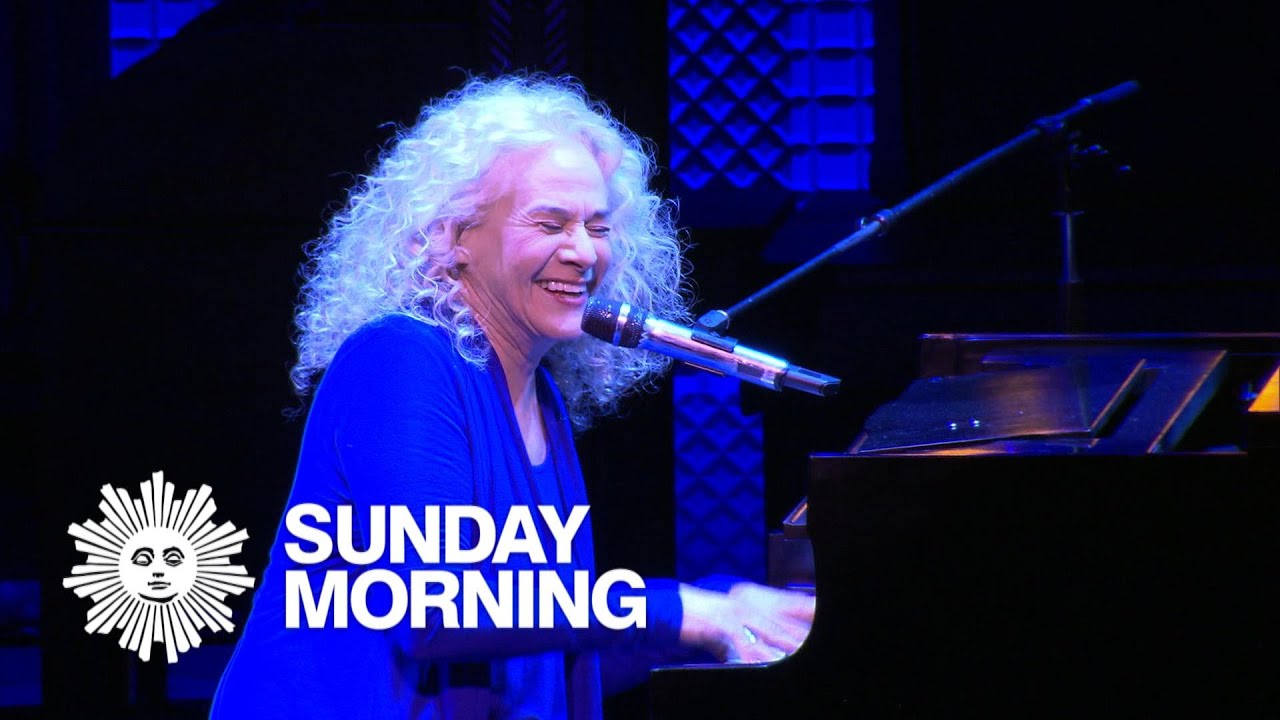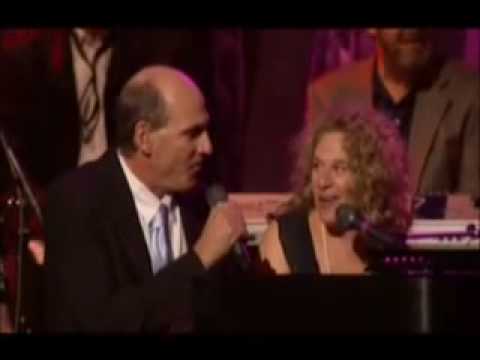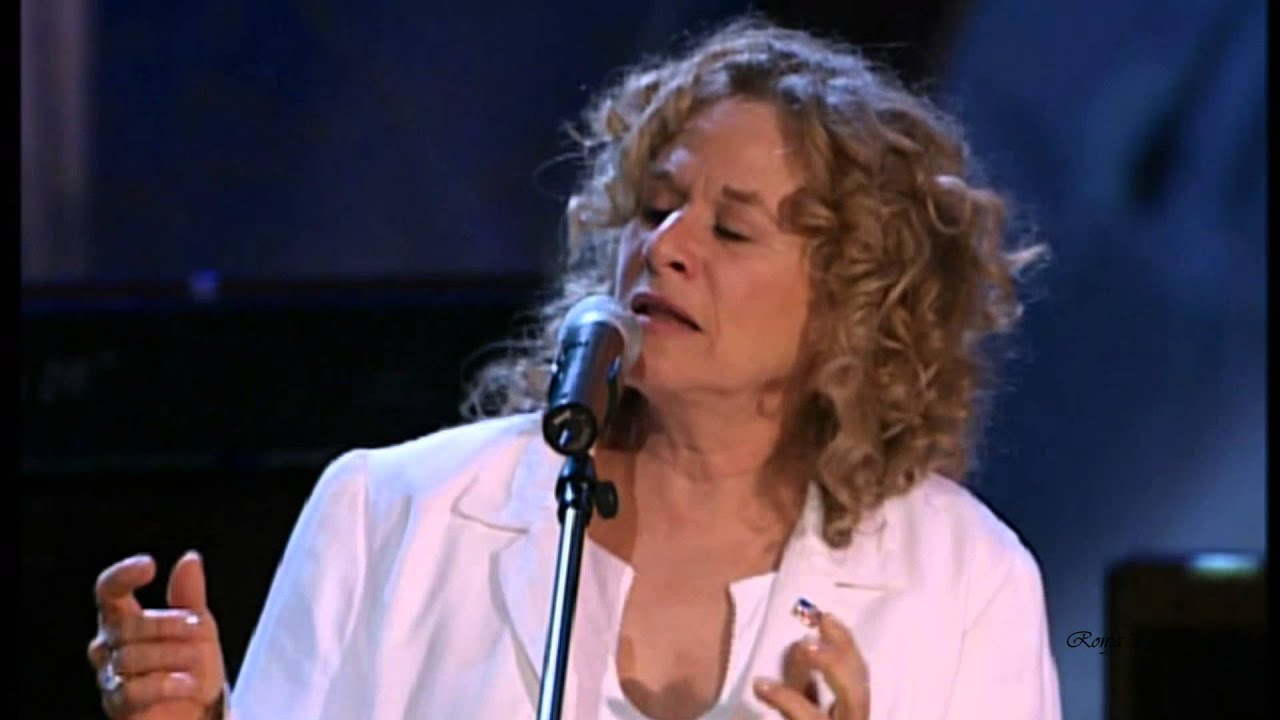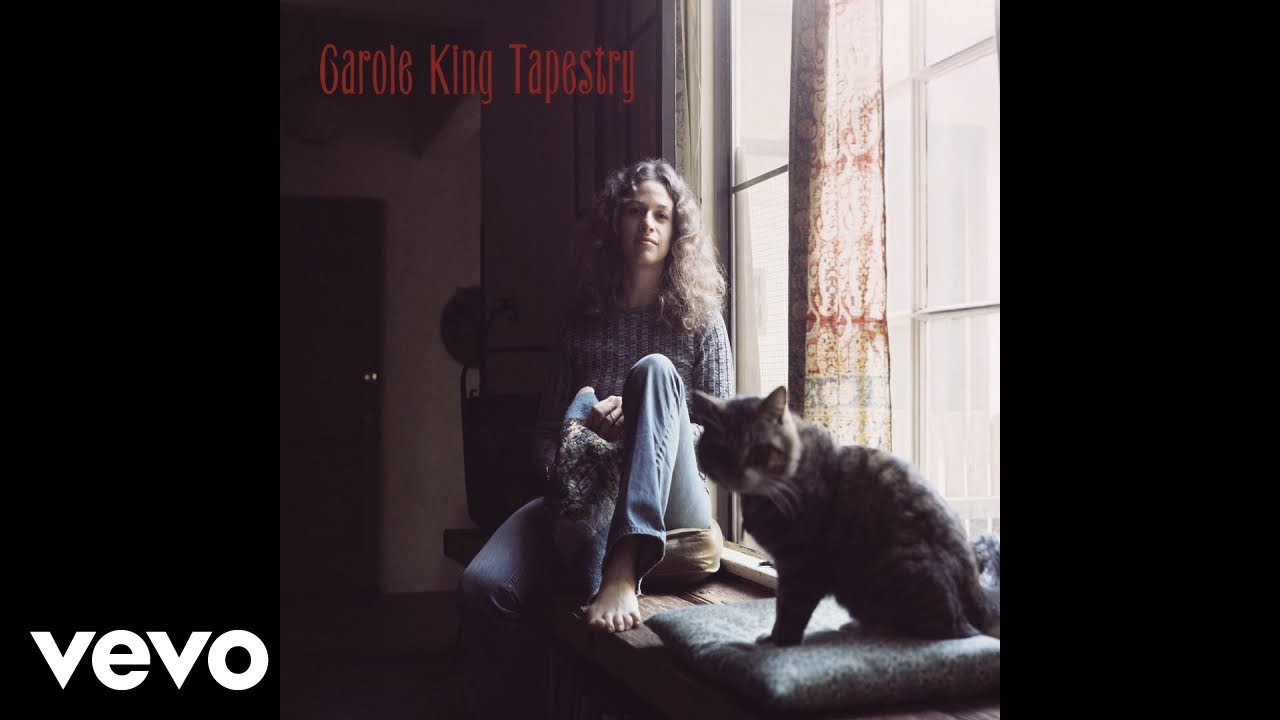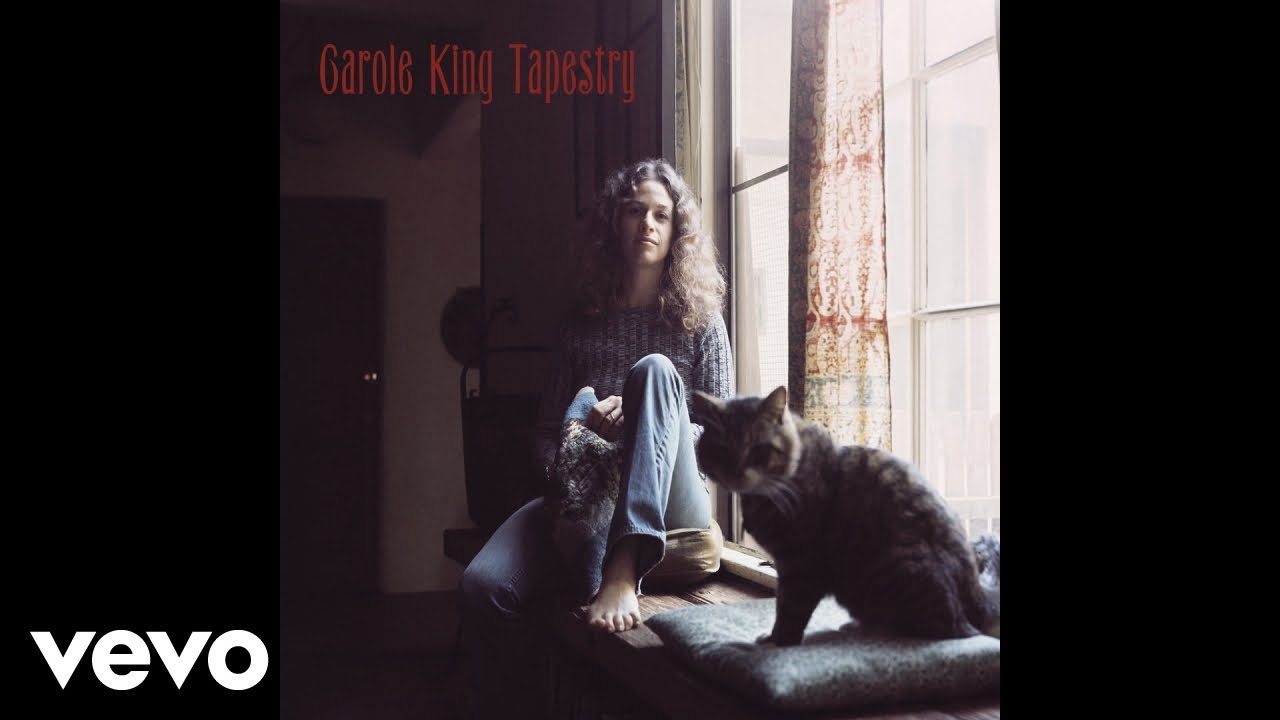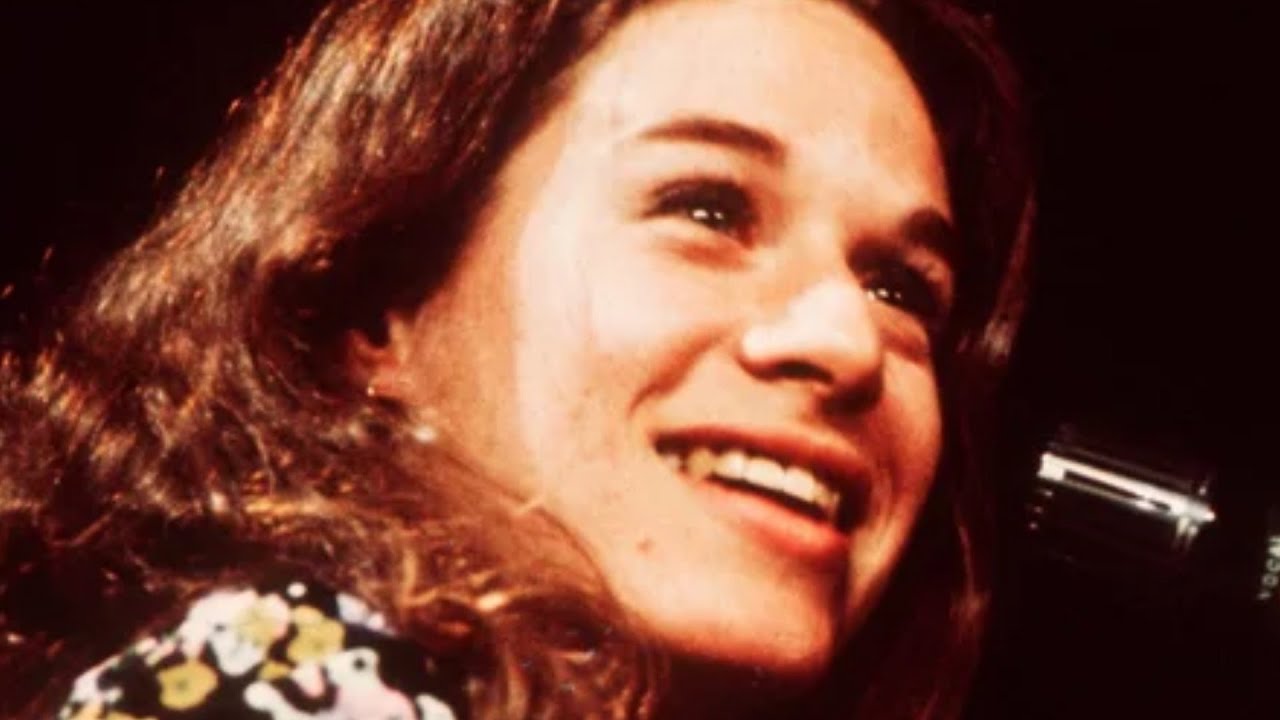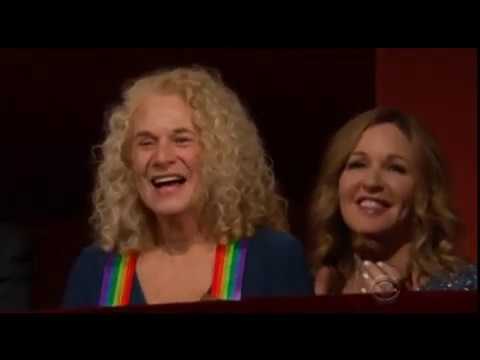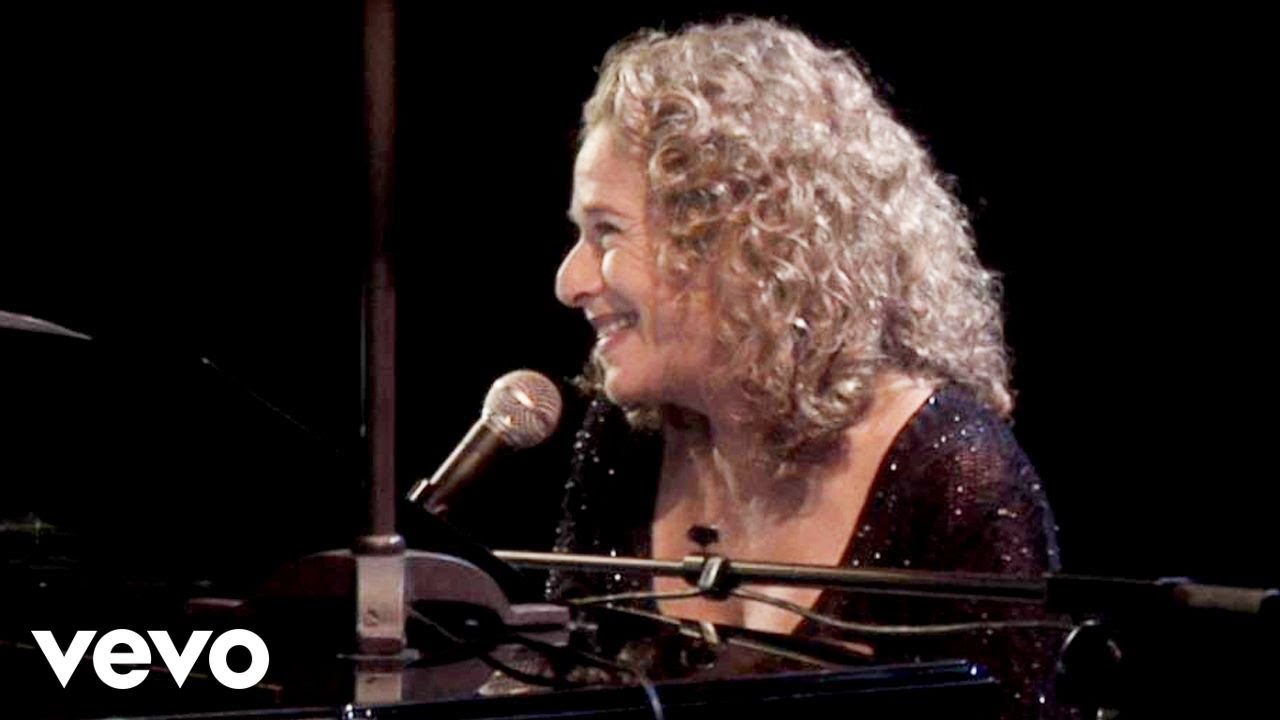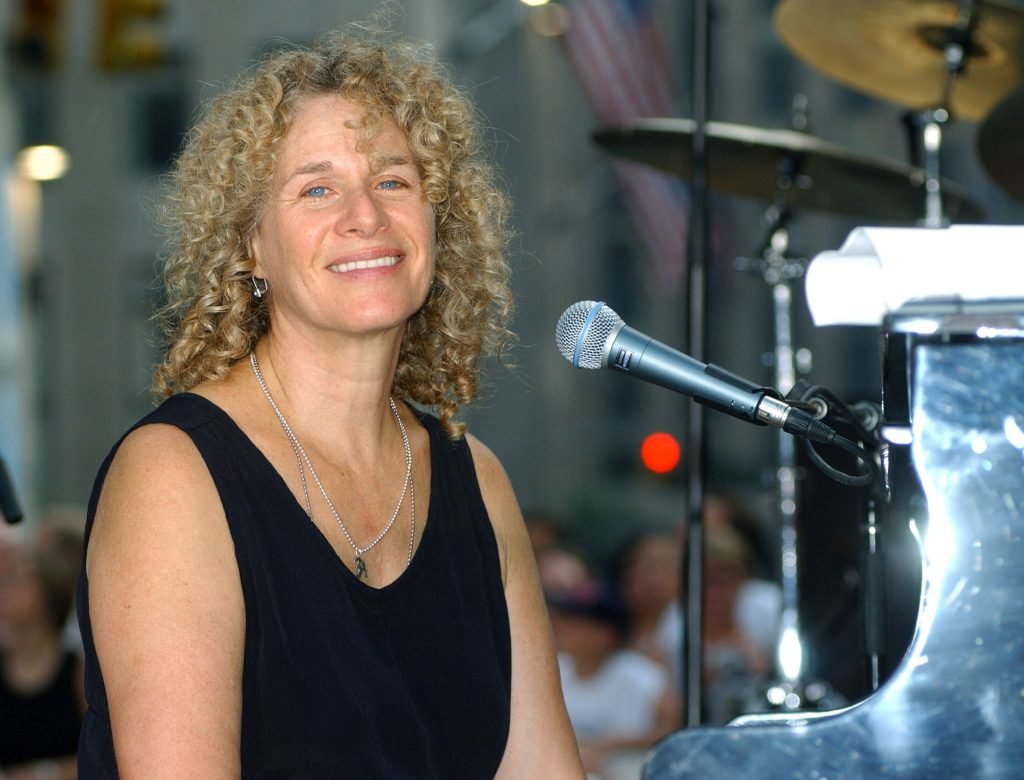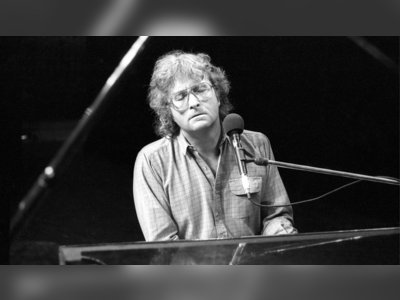Carole King: A Journey Through Time and Music
Carole King, born on February 9, 1942, is an American singer, songwriter, and pianist of Jewish heritage. Alongside her husband, Gerry Goffin, she crafted over twenty chart-topping hits for various artists during the 1960s. Her album "Tapestry" reached the pinnacle of the U.S. album charts, reigning for 15 weeks in 1971 and maintaining its presence in the charts for over six years.
King's accomplishments include four Grammy Awards, and she holds a prominent place in the pantheon of songwriters and within the rock and roll hall of fame, alongside her husband Gerry Goffin.
Early Life and Beginnings
Born as Carol Klein in 1942, Carole King grew up in a Jewish family in Brooklyn, New York. She embarked on her musical journey, starting with piano lessons, and later ventured into singing. In high school, she formed a vocal quartet.
She attended James Madison High School in Brooklyn, a notable institution that also educated three Jewish senators: Chuck Schumer, Norm Coleman, and the independent socialist Bernie Sanders, as well as Supreme Court Justice Ruth Bader Ginsburg, another Jewish alumna.
Upon completing high school, King continued her education at Queens College, where she was a classmate of Neil Sedaka, who inspired her song "Oh! Carol" in 1959. In a humorous response, she released the song "Oh! Neil" in 1963. During her college years, she developed friendships with Paul Simon and Gerry Goffin. King and Goffin collaborated on songwriting projects, working for Aldon Music, located in the Brill Building in New York City, which produced numerous hits in the 1960s.
Their first joint success was "Will You Love Me Tomorrow," recorded by The Shirelles, which reached the number one spot in the charts in 1961. This song was later recorded by Carole King herself, as well as by Ben E. King, Dusty Springfield, Roberta Flack, and other prominent artists.
Following this hit, the couple penned "Take Good Care of My Baby," recorded initially by Bobby Vee, which also climbed to the top of the charts. This song, too, found success through various notable artists.
King and Goffin married in September 1960 and had two daughters, both of whom later pursued musical careers.
Among their standout hits in 1962 were "The Loco-Motion," first recorded by Little Eva, and "Go Away Little Girl," recorded by Steve Lawrence, both of which reached number one on the charts. The song "Crying in the Rain," recorded by The Everly Brothers, reached the sixth position in the American charts.
In 1967, they composed "Pleasant Valley Sunday" for The Monkees, which reached the third spot on the charts. This song was inspired by their move to a suburban neighborhood in New Jersey. In 1968, King and Goffin divorced. Nevertheless, they continued to collaborate for some time until their partnership dissolved due to Goffin's personal struggles.
In parallel with her songwriting career, Carole King pursued her path as a singer. In 1962, she recorded "It Might As Well Rain Until September," which reached number 22 on the American charts and performed even better in the UK. In 1963, she recorded "He's a Bad Boy," which reached number 94 on the charts. In 1967, King recorded "Windy Day" with The Exquisites. Towards the end of the 1960s, she formed a band called The City and released a single album.
Tapestry: A Monumental Achievement
After her first album as a singer, "Writer," in 1970, which garnered critical acclaim but did not perform well in the charts, Carole King released "Tapestry" in 1971. This album featured new songs and her renditions of two of her own hits, "Will You Love Me Tomorrow" and "A Natural Woman." The album achieved instant success, not only for the reimagined tracks but also for the new hits, including "I Feel the Earth Move," "It's Too Late," "So Far Away," "Where You Lead," and "You've Got a Friend."
In the same year, James Taylor also covered "You've Got a Friend," earning him substantial recognition. "Tapestry" remained in the album charts for over six years and sold over 10 million copies in the United States and more than 25 million copies worldwide. This album earned Carole King four Grammy Awards, including Album of the Year.
It is considered a landmark in the recordings of singer-songwriters and female pop artists in particular. "Tapestry" held the title of the best-selling music album in history until the release of Michael Jackson's "Thriller" in 1982. In 2003, Rolling Stone magazine ranked it 36th on its list of the 500 greatest albums of all time.
In 2021, Adi Keshet Cohen covered Carole King's song "It's Too Late" with Uzi Ramirez to commemorate the fiftieth anniversary of "Tapestry."
From the '70s to the Present
Carole King continued to be a prolific singer and songwriter throughout the 1970s. Each year from 1971 to 1973, she released an album that achieved either gold or platinum status. In 1973, King performed a landmark concert in New York City's Central Park, drawing a record-breaking audience of over 100,000 people at that time.
Even in 1974, she released a successful album titled "Wrap Around Joy" and embarked on a U.S. tour. This album reached the top spot on the charts, marking her second number one album.
Until 1980, King continued to record albums every year, though achieving more modest success. In 1982, she signed with Atlantic Records and released two albums in 1982 and 1983.
In 1985, she composed the soundtrack for the romantic film "Murphy's Romance," even performing the title song and making a cameo appearance.
In 1989, Carole King released the album "City Streets," featuring two songs in collaboration with Eric Clapton. In 1993, she released "Color of Your Dreams," which included a guest appearance by Slash.
In 1994, King appeared in the Broadway musical "Blood Brothers." During the 1990s, she wrote songs for various artists, including Mariah Carey, Celine Dion, and others. Carole King continued to perform even into the 21st century.
In 2010, she reunited with James Taylor for a series of nostalgic concerts at the Troubadour club in Los Angeles, which enjoyed great success and were released on a live album. Following this success, Taylor and King continued to perform live shows across the United States.
In December 2012, Carole King was honored with the Library of Congress Gershwin Prize for Popular Song.
Her life story and music were portrayed in the musical "Beautiful: The Carole King Musical," which premiered on Broadway in 2014 and later in London in 2015. Due to its tremendous commercial success, the musical returned in 2018, starring Melissa Benoist.
Carole King's enduring influence on the music industry, her remarkable songwriting skills, and her iconic album "Tapestry" have solidified her status as a legendary figure in the world of music.
- קרול קינגhe.wikipedia.org
